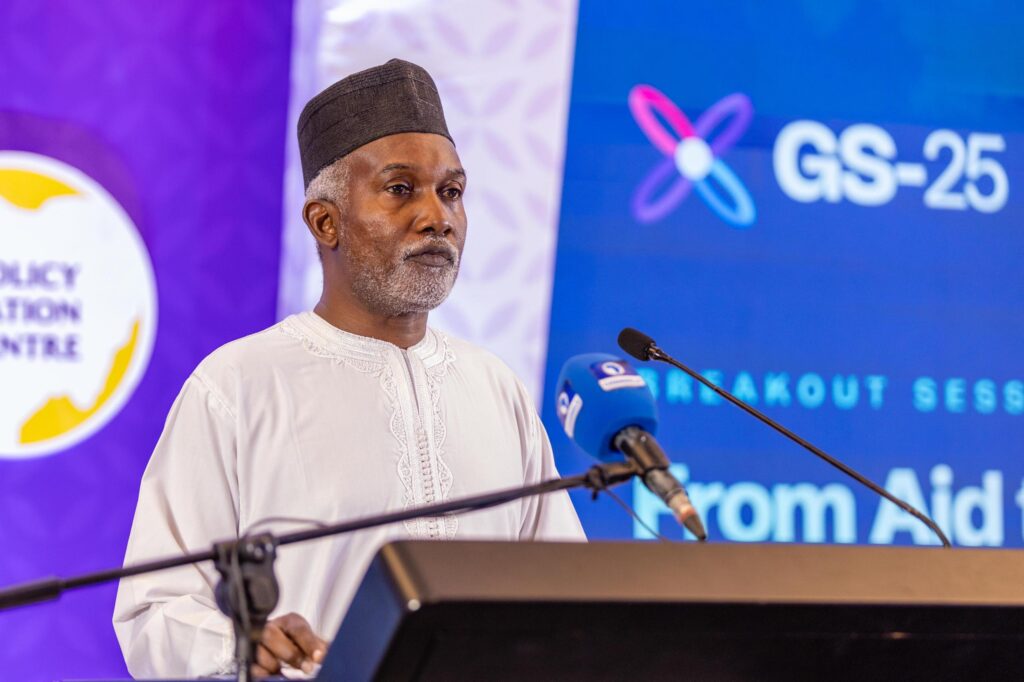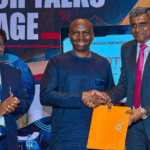Nigeria’s Foreign Minister, Ambassador Yusuf Maitama Tuggar, has warned that Africa’s economic progress will remain fragile unless urgent steps are taken to close gender disparities. He said inclusive development, not charity, is the key to unlocking the continent’s true potential.
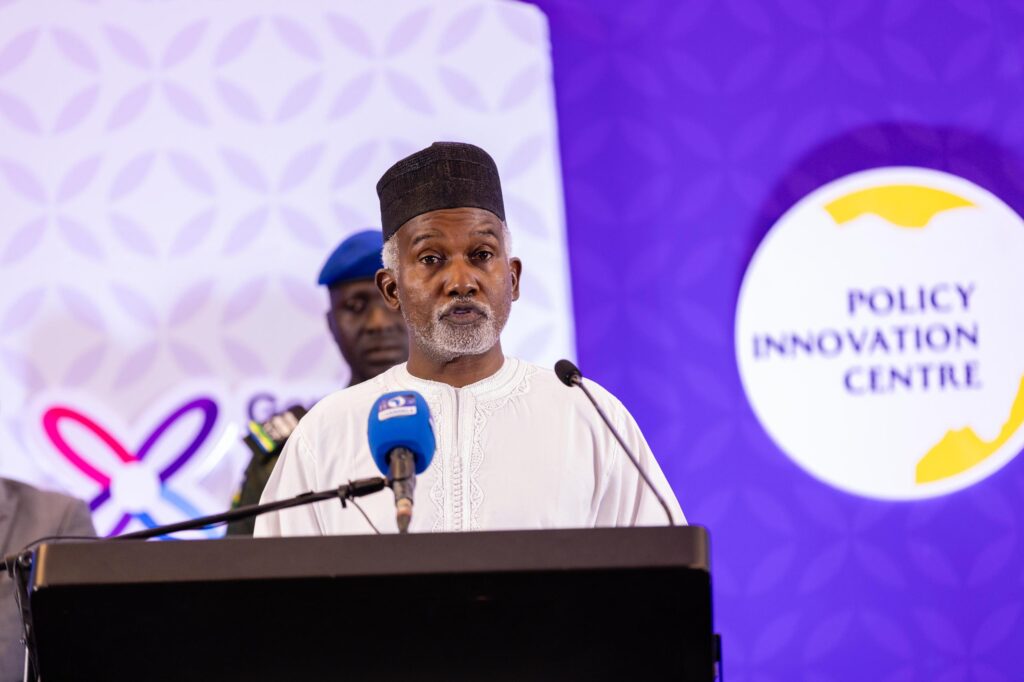
Delivering the keynote address at the 2025 Gender and Inclusion Summit in Abuja, the Minister noted that the numbers tell a sobering story. In education, while 73 percent of boys complete primary school across Africa, only 69 percent of girls do. The gap widens further at the secondary level, where 46 percent of boys complete lower secondary education compared to just 43 percent of girls. In Nigeria alone, 7.6 million girls are still out of school, with nearly half of them concentrated in the Northwest and Northeast.
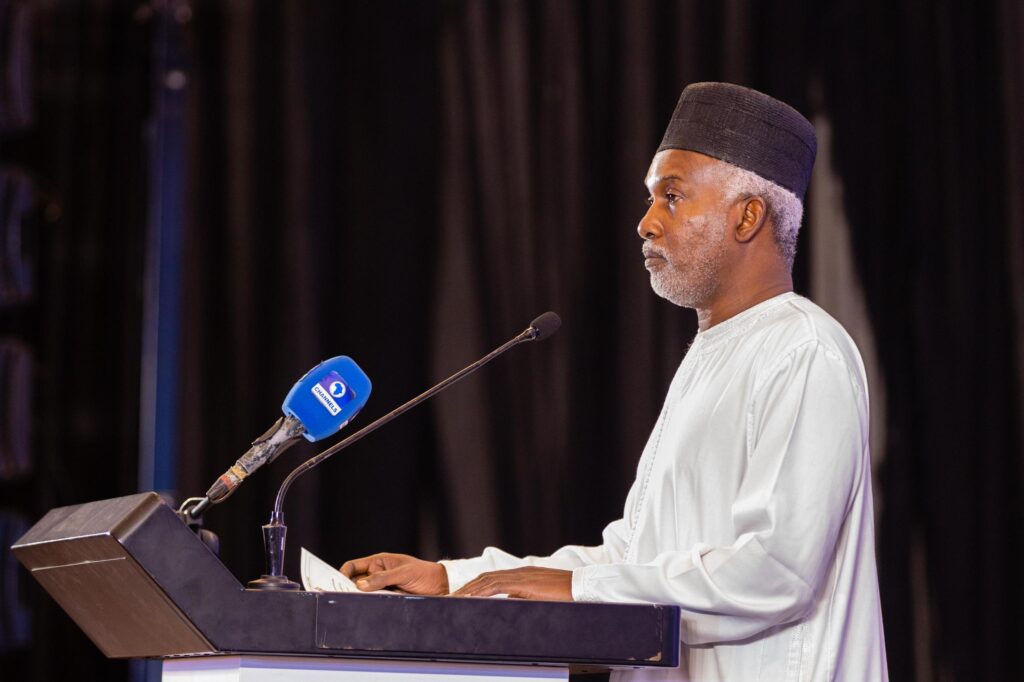
He pointed that the imbalance is not limited to education. Women, despite accounting for 70 percent of Africa’s informal economy, remain excluded from the benefits of formal trade, access to finance, and cross-border opportunities. In politics, African women hold 27.3 percent of parliamentary seats, but in Nigeria, representation drops to just 4.2 percent in the National Assembly.
The financial sector shows the same trend, with fewer than one in four executive positions occupied by women, even though Nigerian banks have recently seen women rise to the position of Chief Executive Officer.
According to the Foreign Minister, these gaps come with a heavy economic cost. A 2019 report by the Council on Foreign Relations projected that Nigeria’s GDP could grow by as much as 23 percent equivalent to $229 billion by 2025 if women participated in the economy at the same level as men.
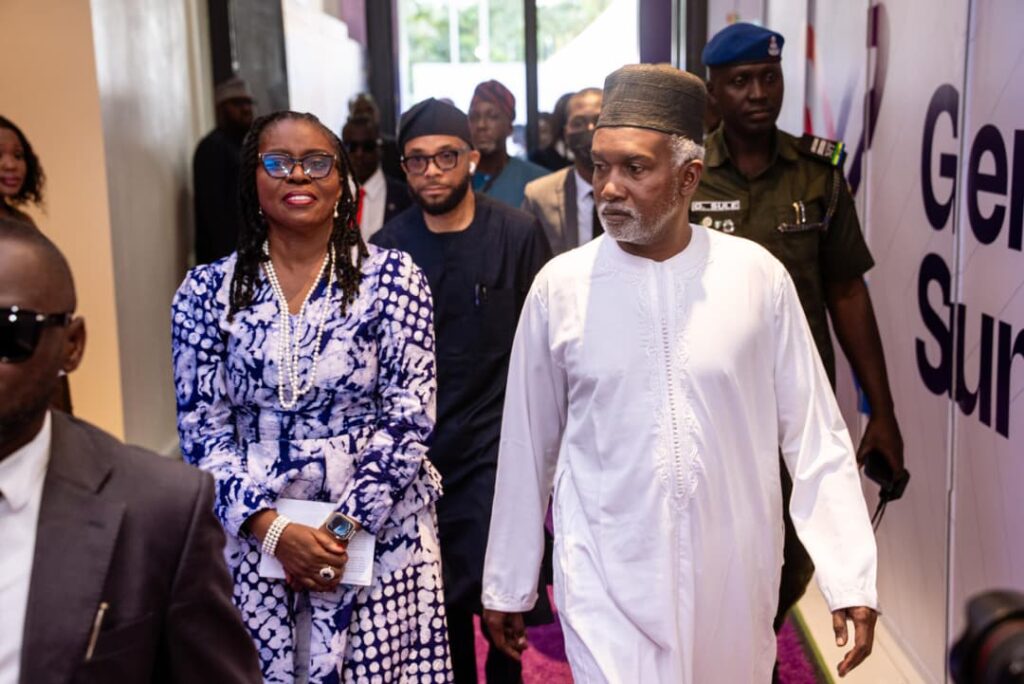
In his words “Growth without inclusivity is fragile — and prosperity without equity is unsustainable,” encouraging leaders to move from aid to investment and to put women and youth at the centre of Africa’s development agenda.
He concluded his remarks with a strong reminder: “Equity is not optional. Inclusion is not charity. They are the foundations of a prosperous, stable, and sustainable Africa.”
Blessed-Chinatu Orji

